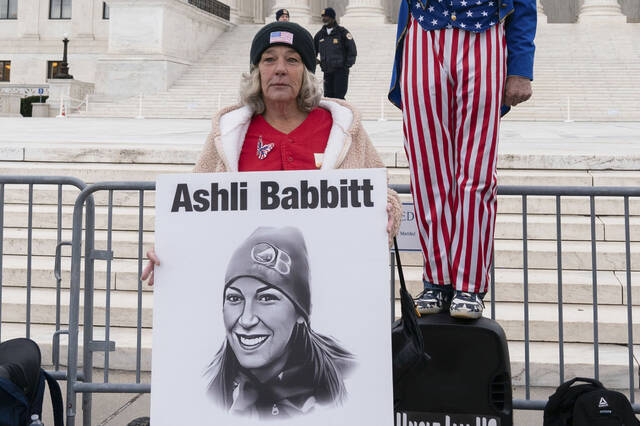
Introduction: A Controversial Figure
Ashli Babbitt became a focal point of discussions surrounding the January 6 Capitol Riot due to her tragic death during the event. As a 35-year-old Air Force veteran, Babbitt’s involvement in the insurrection has raised critical questions about accountability, political activism, and the implications of such protests on American democracy. Her legacy continues to stir debate across various social and political spectrums.
Details of the Incident
On January 6, 2021, as the U.S. Congress convened to certify the electoral college results of the 2020 presidential election, thousands of supporters of then-President Donald Trump stormed the Capitol in an unprecedented act of political aggression. Among them was Babbitt, who was seen attempting to breach a barricaded door leading to the Speaker’s Lobby. In a tragic turn, she was shot by a Capitol Police officer in the ensuing chaos. Babbitt was pronounced dead shortly after the shooting, which was ruled as justified by federal investigators.
The Aftermath and Ongoing Debates
The aftermath of Babbitt’s death has been a topic of intense scrutiny and debate. Supporters of Babbitt view her as a martyr for their cause, while opponents argue her actions contributed to a dangerous uprising that undermined democratic processes. Following her death, various groups have commemorated her, while others have condemned her involvement in the riot. Legal inquiries also scrutinized the use of force by law enforcement during the incident, adding further complexity to the narrative surrounding Babbitt’s legacy.
Significance and Implications
The discussions around Ashli Babbitt encapsulate broader questions about political extremism, the right to protest, and the implications of political violence in the United States. As new information continues to emerge and investigations unfold, the way society remembers Babbitt could symbolize different aspects of American political culture in the years to come. Her story reflects deep societal divisions and has implications on how political dissent may be perceived and addressed.
Conclusion: Looking Forward
In the wake of the Capitol Riot, Ashli Babbitt’s role serves as a stark reminder of the complexities surrounding individual actions within larger political movements. As the legacy of the events of January 6 continues to evolve, it is essential for readers to consider not only the repercussions of such actions but also the evolving landscape of American democracy. Future narratives surrounding Babbitt could shape how forthcoming generations view civil disobedience and the thresholds of resistance in a democratic society.



